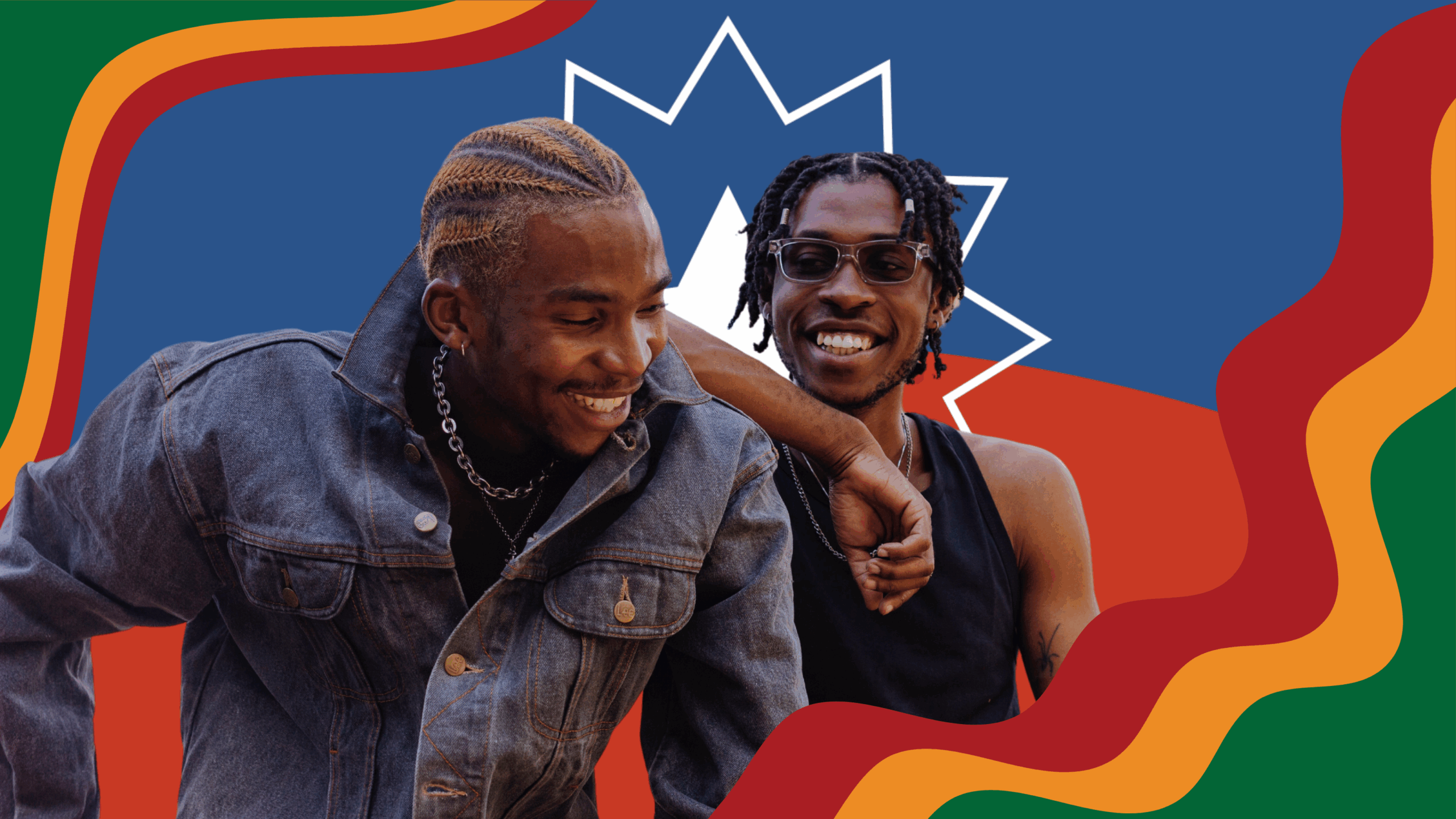Celebrating Juneteenth

Juneteenth is a holiday celebrated every June 19. This day celebrates the news of emancipation reaching Texas in 1865, after the end of the Civil War and more than two years after President Abraham Lincoln first signed the Emancipation Proclamation. Though many states have celebrated the day since 1866, it didn’t become a federal holiday until 2021, by order of President Joe Biden.
For many people, Juneteenth is a time to celebrate freedom, history, and culture. Families have cookouts and parades. People share stories, music, and food. Readings, church events, rodeos and other gatherings are common celebrations as well. All of them are done to honor Black Americans’ strength.
The Impacts on Mental Health
But Juneteenth can also bring up strong emotions. Some people may feel joy and pride. Others may feel sadness or anger when thinking about slavery and racism. These feelings are normal, but certainly complicated. Gaps in mental health care for the Black Community can make these complicated feelings even harder to sort through.
One reason for this gap is that there simply aren’t enough Black mental health professionals. This makes it harder for people to find a provider who truly understands their culture and experiences. Some in the Black community are afraid to ask for help because of stigma, or they worry about being judged. This makes it harder for them to feel comfortable talking about their own mental health.
So, what can we do about it?
- Cultural Competency and Sensitivity Training: Mental health providers can undergo regular training in cultural humility, racial trauma, and anti-racism. This will allow them to better understand the unique challenges faced by the Black community, including the impact of systemic racism, generational trauma, and discrimination on mental health.
- Representation Matters: There will likely never be enough black therapists to meet the need of their own community, but increasing the number of Black mental health professionals and encouraging diversity within the field can still help Black Americans feel more comfortable and understood. Representation in therapy can reduce stigma and make individuals more likely to seek help, as noted humorously by Trevor Noah on ‘The Daily Show’.
- Addressing the Stigma of Mental Health: In some Black communities, mental health care is often stigmatized, and there is a cultural expectation of self-reliance. Providers can work to de-stigmatize mental health by engaging in open conversations, providing culturally relevant resources, and promoting mental health as a sign of strength.
- Building Trust: Due to historical abuses within the medical system Black Americans may have mistrust of healthcare systems. Patrice Douglas touches on this and other actions in ‘Modern Therapist’s Survival Guide’ podcast. Mental health professionals can work to build trust by actively listening, being transparent, and treating their clients with respect, compassion, and sensitivity.
- Holistic Approach to Care: Mental health care should consider the full context of an individual’s life, including socioeconomic factors, family dynamics, cultural identity, and experiences with racism. This approach allows for a deeper understanding of how these factors influence mental health and well-being.
- Advocating for Policy Change: Mental health care providers can advocate for systemic change at the state and federal levels that promote mental health equity, such as increased funding for mental health services in underserved Black communities and dismantling discriminatory practices in behavioral care.
- Outreach and Accessibility: Making mental health services more accessible by offering services in underserved communities, creating flexible hours, and providing sliding scale fees or insurance coverage can encourage Black individuals to seek care. In addition, offering services online or via telehealth can overcome barriers related to transportation or geographic isolation.
- Creating Safe Spaces for Dialogue: Providers can help foster open discussions within the Black community regarding mental health by hosting events, group therapy, and support circles. These spaces allow individuals to share experiences and connect with others facing similar struggles, helping to break down isolation and promote healing.
Talking about sensitive parts of history can be stressful. It can also bring up painful memories for people whose families were affected. But it also offers an opportunity for growth. By continuing to listen and advocate every day, and pushing for more equity in mental health, we can begin to heal from the past. Because Juneteenth is not just about the past. It’s also about hope for the future. It reminds us how far we’ve come—and how we can keep moving forward together.
Resource Categories
- Addiction & Substance Use
- Anxiety
- Child Mental Health
- Crisis and Trauma
- Depression
- Exercise
- Just The Facts
- LGBTQIA+ & Pride
- Medicaid
- Men’s Mental Health
- Parenting
- Recovery
- Senior and Older Adult
- Socializing
- Stigma
- Stress
- Suicide Prevention
- Support & Advocacy
- Teen’s Mental Health
- Treatment Options
- Women’s Mental Health